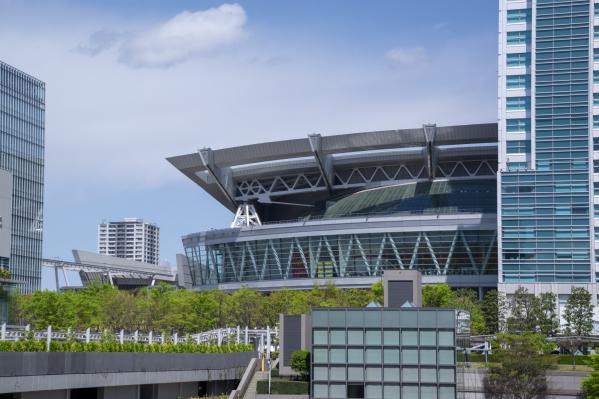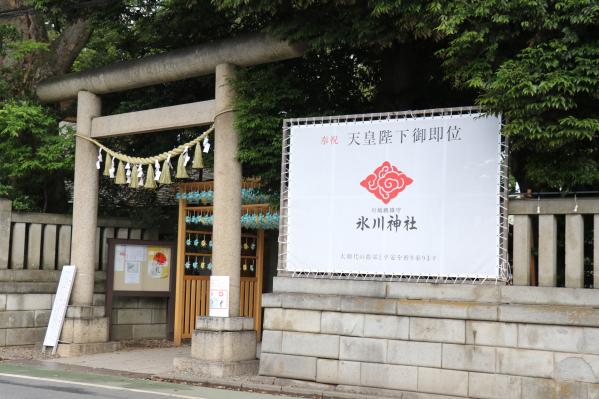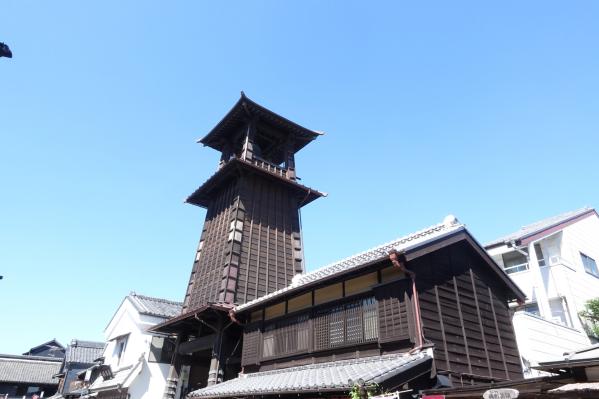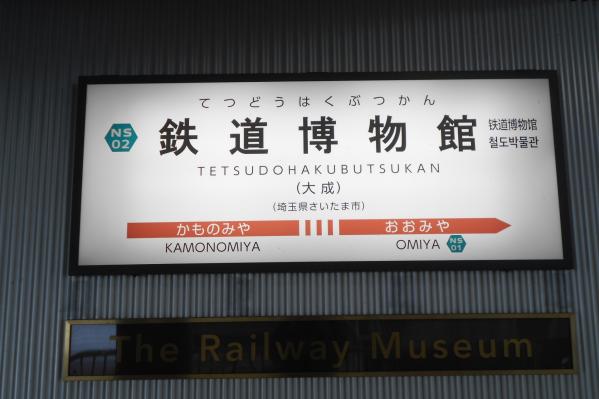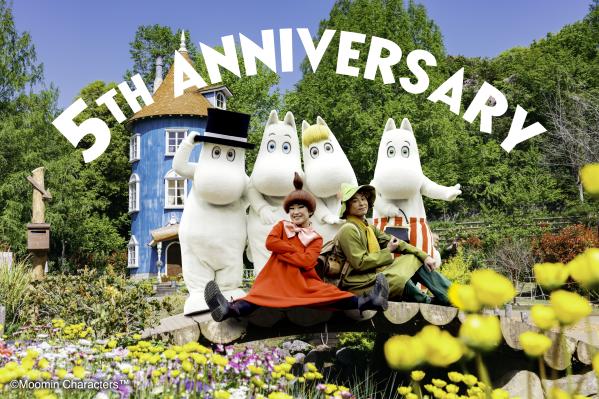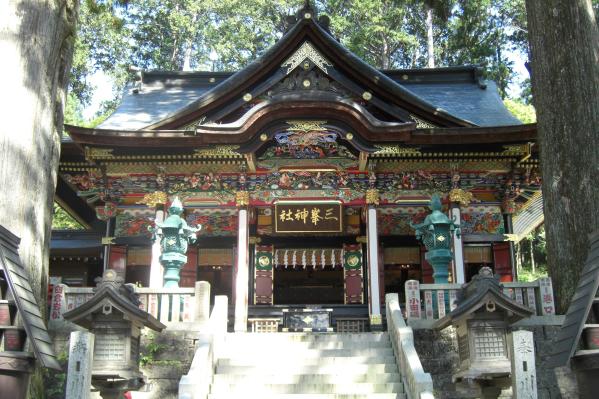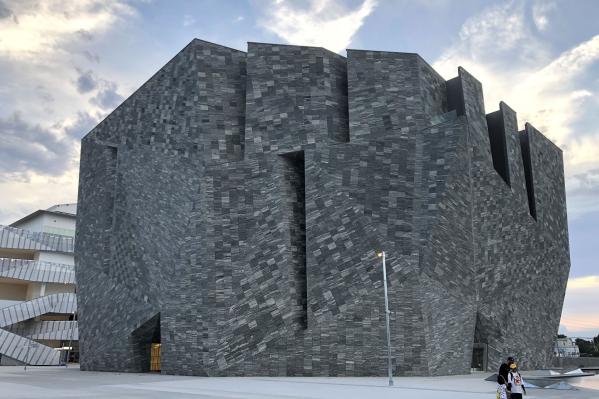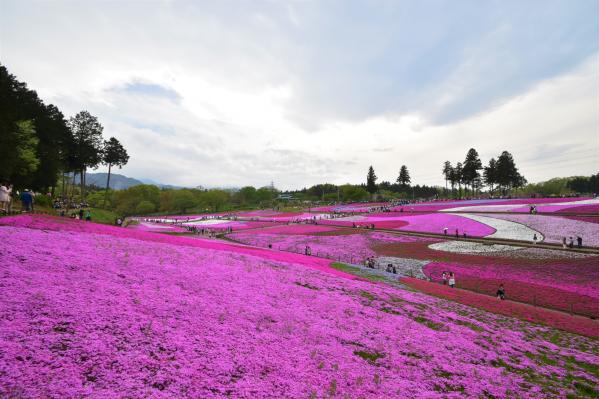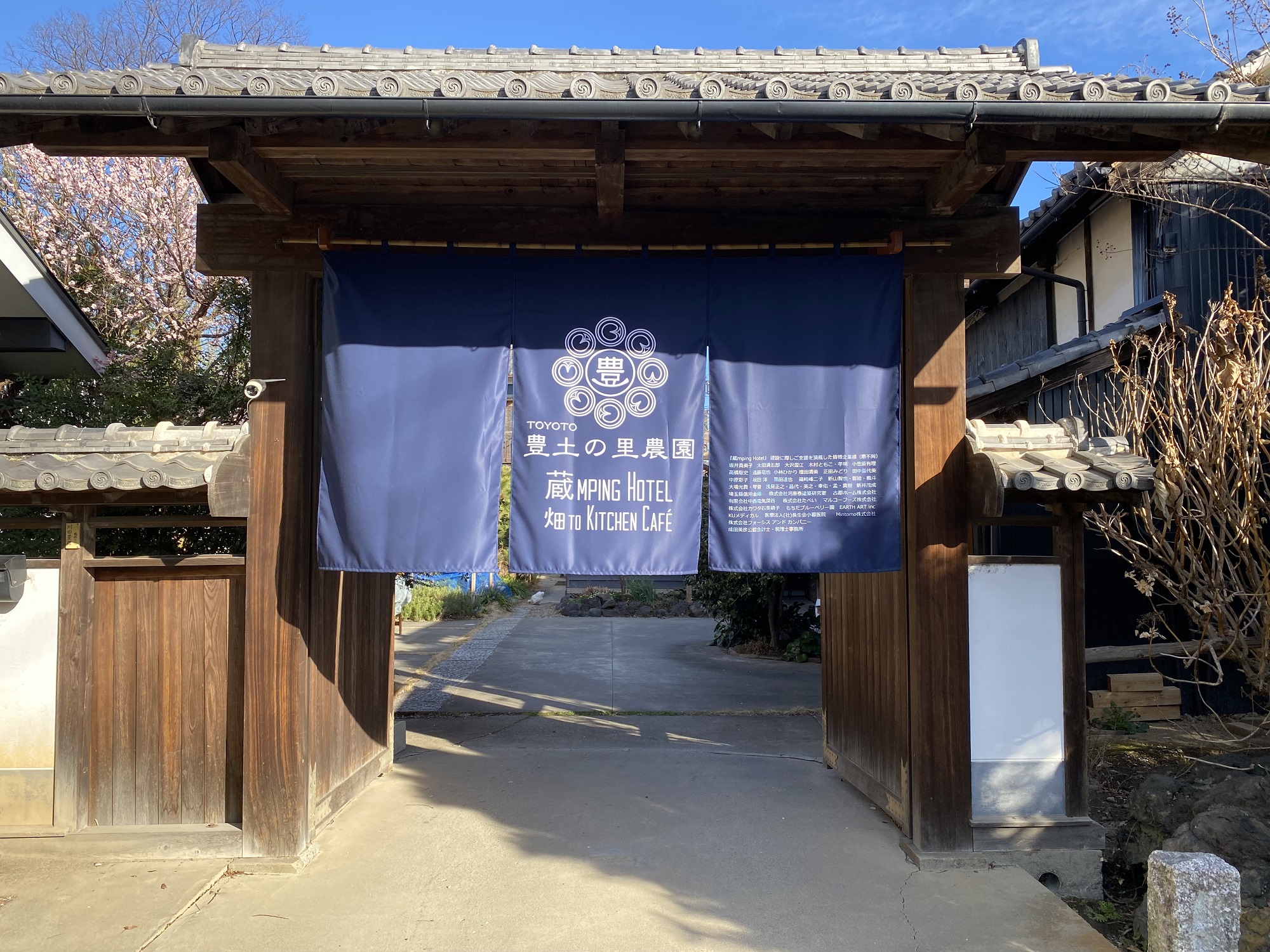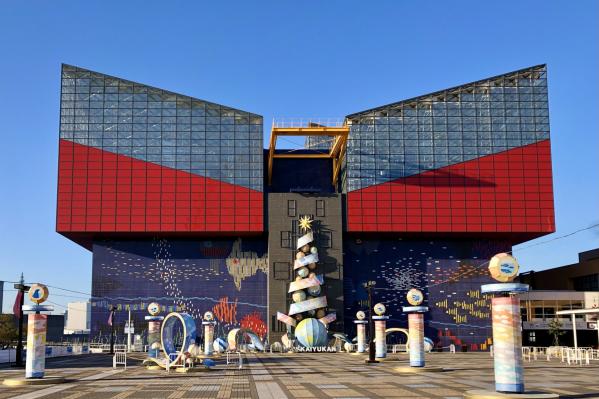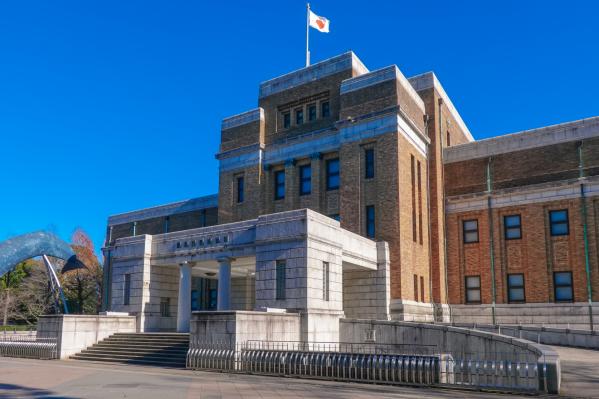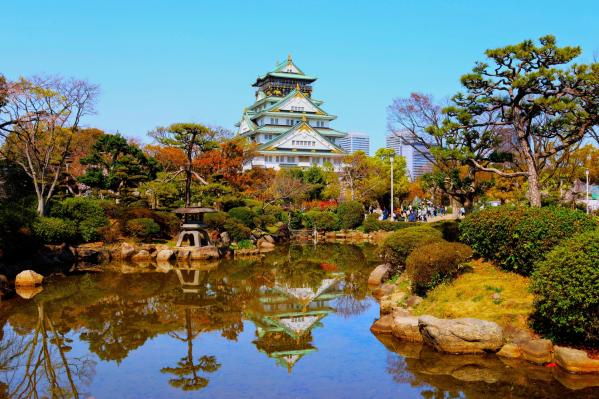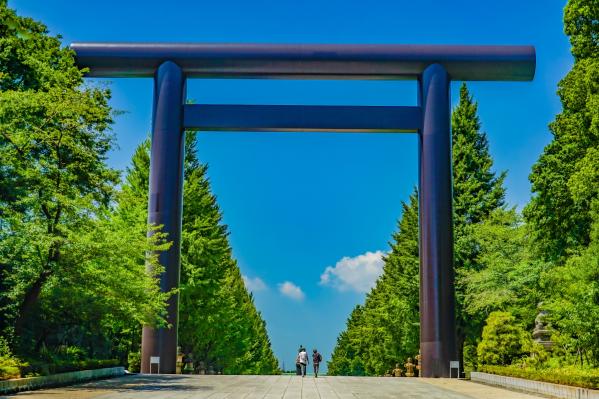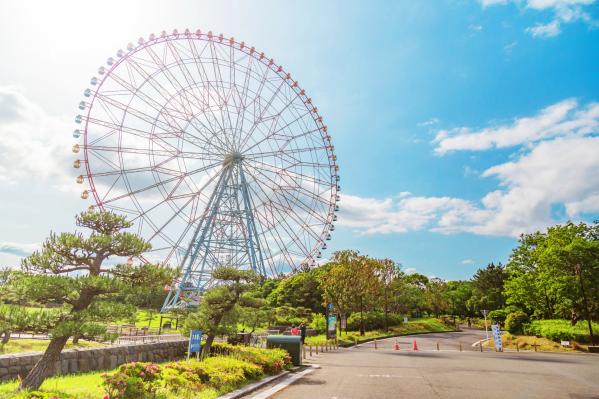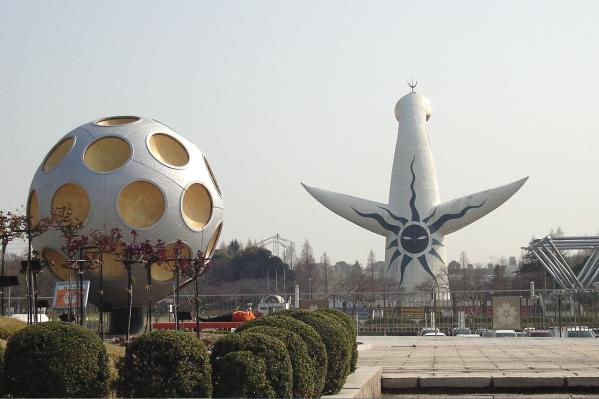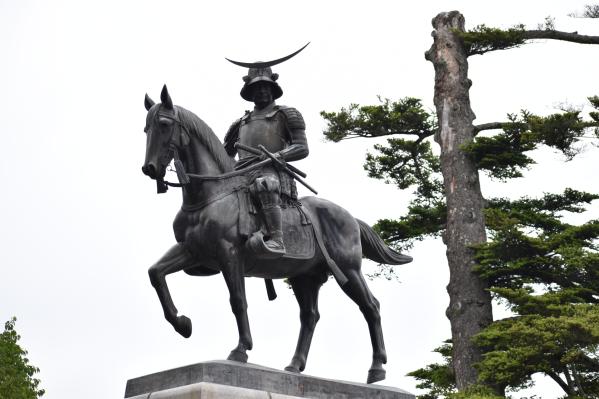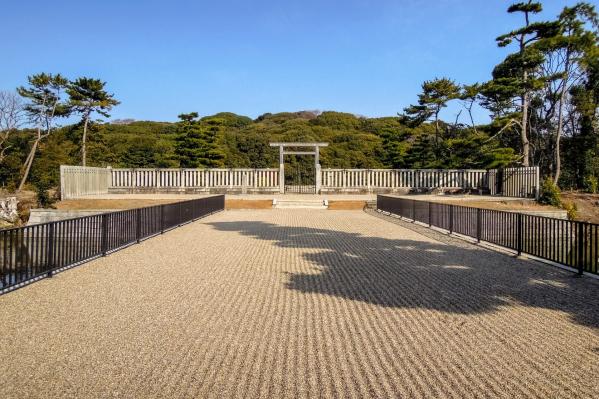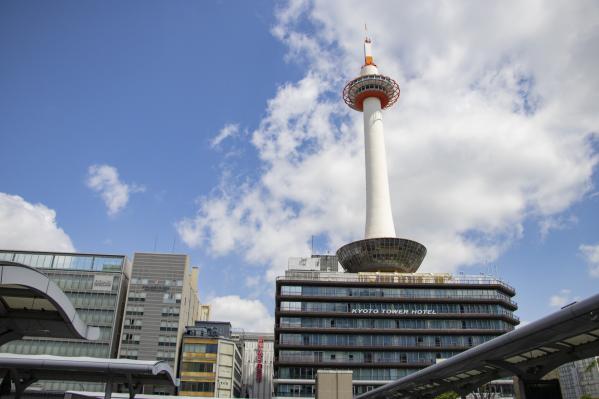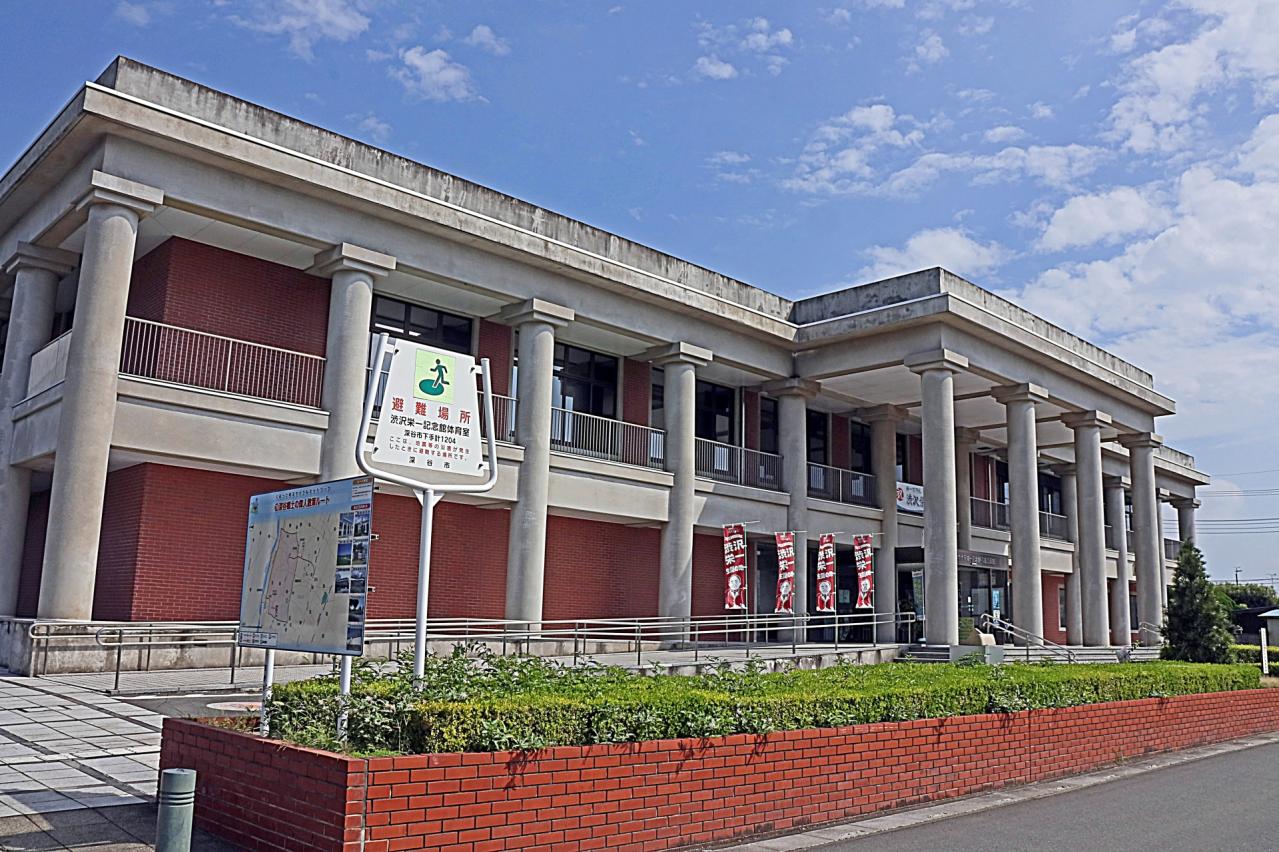
Shibusawa Eiichi Memorial Hall
Basic Information
- Spot Name
- Shibusawa Eiichi Memorial Hall
- Location
- 〒366-0002 1204 Shitakaji, Fukaya City, Saitama Prefecture, Japan
- Access
- Taxi from JR Fukaya Station North Exit: 16 minutes
- Parking
- Parking available for 179 vehicles.
- Business Hours
- 9:00 AM to 5:00 PM
- Regular Holiday
- Year-end and New Year holidays (December 29 to January 3)
- Fees
- Free
- Contact Information
- Phone Number:048-587-1100
- Official Website
Map
Detailed Information
The Shibusawa Eiichi Memorial Museum was opened on November 11, 1995, in Shodeki, Fukaya City, Saitama Prefecture, to convey the life and achievements of Eiichi Shibusawa, known as the father of modern Japanese economics, to future generations. The building features architecture reminiscent of Western styles from the Meiji era, with a façade adorned in red brick tiles, a symbol of Fukaya City. It includes a stately entrance surrounded by columns, a spacious hall shared with the community center, and a multipurpose room with a fabric dome roof, making it a beloved cultural hub for the local community. In the northern part of the grounds, a bronze statue of Shibusawa, which was previously located in front of Fukaya Station, has been relocated and stands watch over the tranquil rural landscape.
The interior is divided into two floors. The first floor's exhibition room displays many items related to Shibusawa, including his written works, photographs, and letters. There is also a wealth of materials showcasing his multifaceted life as both a businessman and a cultural figure, allowing visitors to systematically learn about his journey from childhood to old age. Additionally, there is a corner where visitors can listen to rare recordings of his voice and a video presentation reflecting on his life, enhancing the multidimensional understanding of his contributions.
On the second floor, exhibits are dedicated to the production of indigo balls (the raw material for indigo dyeing) and sericulture that was conducted at Shibusawa's birthplace. Visitors can visually learn about the processes of selecting and crafting indigo through models and descriptive panels, allowing them to sense the origins of the business talent that young Eiichi nurtured through agriculture and commerce.
A major highlight of the museum is the Shibusawa Eiichi Android, introduced in 2020. This android, located in the second-floor lecture room, faithfully reproduces Shibusawa’s appearance in his 70s and lectures for several minutes on the "The Unity of Morality and Economics." The android’s skin texture, expressions, blinking, and smiling movements are so natural that it resembles a real person, and its voice is synthesized using a voice actor based on recordings of Shibusawa's actual voice. Many visitors have highly praised this immersive experience of learning about Shibusawa's philosophy that "morality and economics should inherently coexist."
Eiichi Shibusawa was born in 1840 in a farming family in Chiawashima, Fukaya City. From a young age, he assisted with his family's indigo ball production and sericulture, developing diligence and business acumen. His experience studying the Four Books and Five Classics under his cousin, Aritada Odaka, had a profound impact on his later ideological development. In his youth, he was passionate about the ideals of restoring the emperor and expelling foreigners, and he exhibited his talents in financial reforms while serving the Hitotsubashi clan. Furthermore, he accompanied Tokugawa Akitake on an inspection tour of Europe, directly observing modern industry and social systems, which had a decisive impact on his later activities.
After returning to Japan, he was invited by the Meiji government and contributed to the formation of a modern state, including the establishment of the Tomioka Silk Mill, but he retired from public office in 1873 and embarked on a new path as a private entrepreneur. He established the First National Bank (now Mizuho Bank) and was involved in founding and managing major companies in Japan, including the Imperial Hotel, Tokyo Gas, and Tokio Marine & Nichido Fire Insurance, with the total number of companies he was involved with reaching around 500. He also supported over 600 educational, welfare, and public projects, such as the Commercial Law School (now Hitotsubashi University) and the Kōaisha (now the Japanese Red Cross Society), working diligently for societal development. Due to these achievements, he is referred to as the "Father of Japanese Capitalism" and has been selected as the portrait for the new 10,000 yen bill starting in 2024.
Surrounding the memorial museum, there are many historical sites associated with Shibusawa, including the former Shibusawa residence, "Nakanote," located about three minutes away by car. This was the place where Eiichi was born and raised, spending his first 23 years, and it underwent seismic renovations and internal improvements in 2022, making it open for internal visits. There are also exhibits of costumes and sets used in the NHK Taiga drama "Seiten wo Tsuke," and the architectural value itself is high, attracting many visitors.
The Shibusawa Eiichi Memorial Museum is a place of learning that conveys Eiichi's philosophy of "the harmony of morality and economics" to contemporary society and is cherished as a base for experiencing the history and culture of Fukaya. Visits are by reservation only, and it is necessary to apply via the official website or by phone at least two days before the desired date.
Shibusawa Eiichi Memorial Hall Movies
Saitama Tourist Attractions
View ListSaitama Super Arena
Saitama Super Arena is a multifunctional arena equipped with one of the world's largest movable systems. It has four modes: Stadium, Main Arena, Community Arena, and...
Kawagoe Hikawa Shrine
Kawagoe Hikawa Shrine is a historic shrine that is said to have been founded about 1500 years ago during the Kofun period, in the 2nd year of Emperor Kinmei (541 AD)...
Toki no Kane (Bell of Time)
The symbol of Kawagoe, the "Toki no Kane" (Bell of Time), is a historic bell tower that rises above the town's traditional warehouse-style buildings. It was founded ...
The Railway Museum
The Railway Museum opened on October 14, 2007, in Omiya, Saitama, as the main project commemorating the 20th anniversary of JR East. In 2018, the South Building was ...
Moomin Valley Park
Moomin Valley Park is a theme park located by Lake Miyazawa in Hannō City, Saitama Prefecture, where visitors can experience the Nordic worldview. It is part of the ...
Mitsumine Shrine
Mitsumine Shrine is a famous power spot located at an elevation of approximately 1,100 meters in the奥秩父 (Okuchichibu) area of Saitama Prefecture. Notable features...
Kadokawa Musashino Museum
The "KADOKAWA Musashino Museum" is a landmark of "Tokozaawa Sakura Town," known as one of Japan's largest hubs for pop culture, located in Tokorozawa City, Saitama P...
Hitsujiyama Park
Hitsujiyama Park is located on the eastern side of Chichibu City and in spring, the "Shibazakura Hill" is covered with a beautiful carpet of flowers, attracting many...








